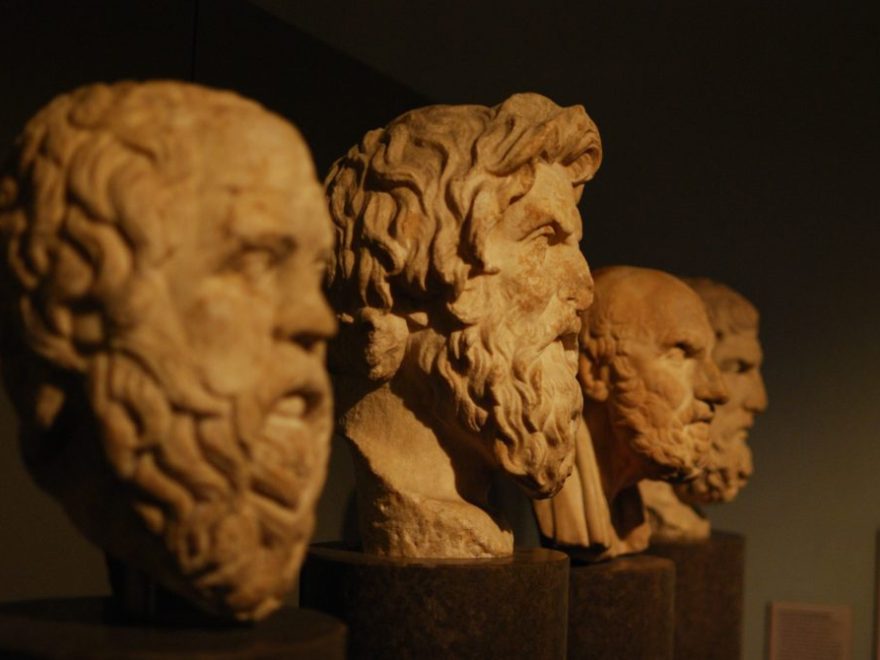Tag: quadrivium
-

Slow Productivity in School, Part 2: Do Fewer Things
In my last article we discussed the problem of pseudo-productivity in school. Popularly called busywork, this pseudo-productivity of the factory model of education presents a fairly straightforward analogy to the pseudo-productivity of the office. In his book Slow Productivity: The Lost Art of Accomplishment Without Burnout, Cal Newport diagnosed the problem of our crazy busy…
-

Apprenticeship in the Arts, Part 4: Artistry, the Academy and the Working World
In his book So Good They Can’t Ignore You: Why Skills Trump Passion in the Quest for Work You Love, Cal Newport argues against the well-known Passion Hypothesis of career happiness. He describes the Passion Hypothesis as the idea that “the key to occupational happiness is to first figure out what you’re passionate about and…
-

Practicing in the Dark or the Day: Well-worn Paths or Bushwalking, Artistry and Moral Virtue Continued
In my last article we explored the analogy between Aristotle’s intellectual virtue of artistry or craftsmanship (Greek: techne) and moral virtue, taking our cue from the Nicomachean Ethics book II. Along the way we discovered the foundation for these two types of excellence in habit development or the neural networks of the brain. Excellence, according…
-

What Bloom’s Left Out: A Comparison with Aristotle’s Intellectual Virtues
In the last three articles in this series, I laid out the good, the bad and the ugly of Bloom’s Taxonomy. After the last two posts it is perhaps worth reaffirming the value of Bloom’s project. While I ultimately believe that Bloom and his colleagues may have done more harm than good, I do affirm…
-

Charlotte Mason and the Liberal Arts Tradition, Part 1: Mapping a Harmony
“What has Athens to do with Jerusalem?” the church father Tertullian skeptically asked. Tertullian was writing at a time in which church leaders were weighing the pros and cons of mining the Greco-Roman philosophical tradition for insights they could utilize in the development of a distinctively Christian philosophy. Similarly, within the Christian classical school movement,…
-

The Flow of Thought, Part 7: Rediscovering Science as the Love of Wisdom
In this series we’ve been finding arguments for a classical education from the unlikely realm of positive psychology, particularly Mihalyi Csikszentmihalyi’s classic Flow: The Psychology of Optimal Experience. After connecting the concept of flow with Aristotle’s link between virtue or excellence and eudaimonia (happiness or flourishing), we’ve been racing through aspects of the liberal arts…
-

True Mastery: The Benefits of Mixed Practice for Learning
“Practice, practice, practice.” This mantra for learning is proclaimed across companies and schools, athletics and the arts. The widely held belief is that the key to mastering a particular skill or gaining new knowledge is relatively straightforward: Practice. Now, to be sure, practice is important, especially if it rises to the threshold of “deliberate practice,”…
-

The Flow of Thought, Part 4: The Seven Liberal Arts as Mental Games
There’s a lot of talk these days about the war between STEM and the liberal arts (which we are meant to understand as the humanities generally). Often this gets posed as a trade-off between a utilitarian education—training our future engineers, scientists and programmers—vs. a soft education in human skills and cultural awareness. Given the hype…
